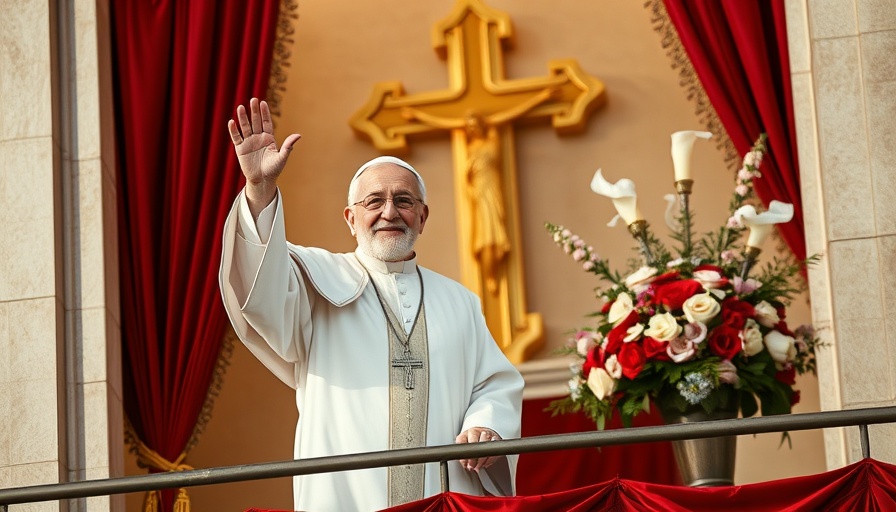
Unraveling the Intrigue: The Vatican Bank's Dark History
The Vatican Bank, officially known as the Institute for the Works of Religion (IOR), has long been a subject of controversy. Established in 1942, this financial institution became notorious for its involvement in scandals and dubious financial practices. Pope Francis, who passed away recently, faced the formidable challenge of reforming an institution replete with ties to money laundering, investments gone awry, and even rumored connections to organized crime.
Pope Francis' Pursuit of Transparency and Reform
When Pope Francis took the helm of the Catholic Church in 2013, he promised to overhaul several institutions within the Vatican, including the IOR. With the bank sitting on approximately $6 billion in assets, transparency and ethical governance became paramount. His reform efforts, aimed at ridding the bank of its scandalous past, involved implementing tighter regulations and fostering a culture emphasizing corporate social responsibility.
The Role of Corruption in the IOR's History
The legacy of corruption at the Vatican Bank cannot be overstated. From the 1980s’ Banco Ambrosiano scandal, involving high-profile financial crimes and Mafia connections, to recent investigations into its financial practices, the IOR has struggled to establish credibility. Pope Francis' reforms sought to sever these nefarious ties, turning the bank into a more reputable institution. His efforts were vastly important, not just for the church's image, but to restore faith among devout followers and business professionals alike.
Business Insights: What We Can Learn from the Vatican Bank's Challenges
The unfolding drama at the Vatican Bank serves as a cautionary tale for business professionals. It highlights the vital importance of governance and ethical practices. In today’s competitive landscape, organizations that fail to prioritize transparency can find themselves embroiled in scandal and public distrust. The IOR's tumultuous past illustrates that reform is possible but requires unwavering commitment from leadership.
A Path Forward: Balancing Tradition with Modernity
As we reflect on the legacy of Pope Francis, his efforts to modernize the Vatican Bank demonstrate how crucial it is for institutions to adapt to reflect contemporary values. The integration of sustainability and corporate governance into financial operations could not only restore reputations but also attract a new generation of investors and customers.
The transformative steps taken within the Vatican Bank remind us that even long-established institutions must embrace change. By doing so, businesses can cultivate trust and pave the way for a brighter, more transparent future.
 Add Row
Add Row  Add
Add 



Write A Comment